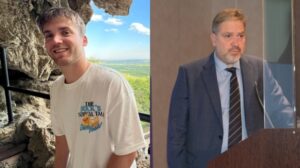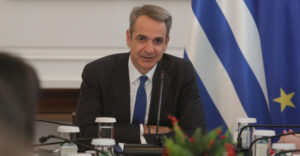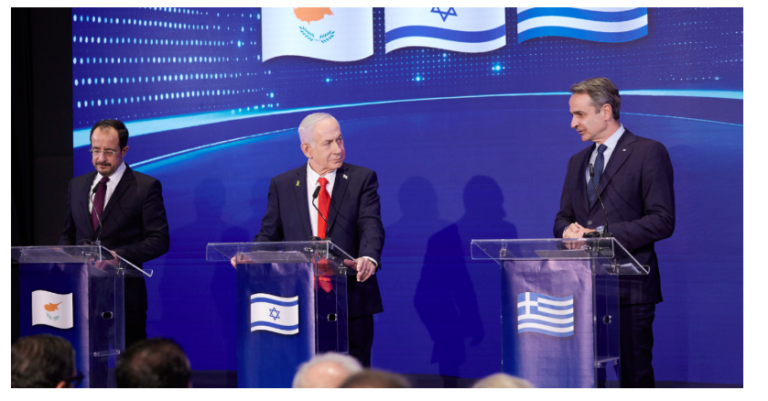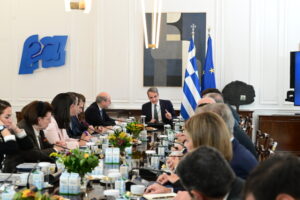Ion Karousis was among the victims of yesterday’s terrorist attack in Tel Aviv.
He was a Greek citizen living in Jerusalem, originally from Thessaloniki, with his family and the city’s Greek community deeply mourning his loss.
The 26-year-old held dual citizenship (Greek and Israeli) and was the son of a prominent neurologist in Jerusalem, Dr. Dmitri Karousis, who relocated from Thessaloniki to Israel in 1988. His mother is also a doctor.
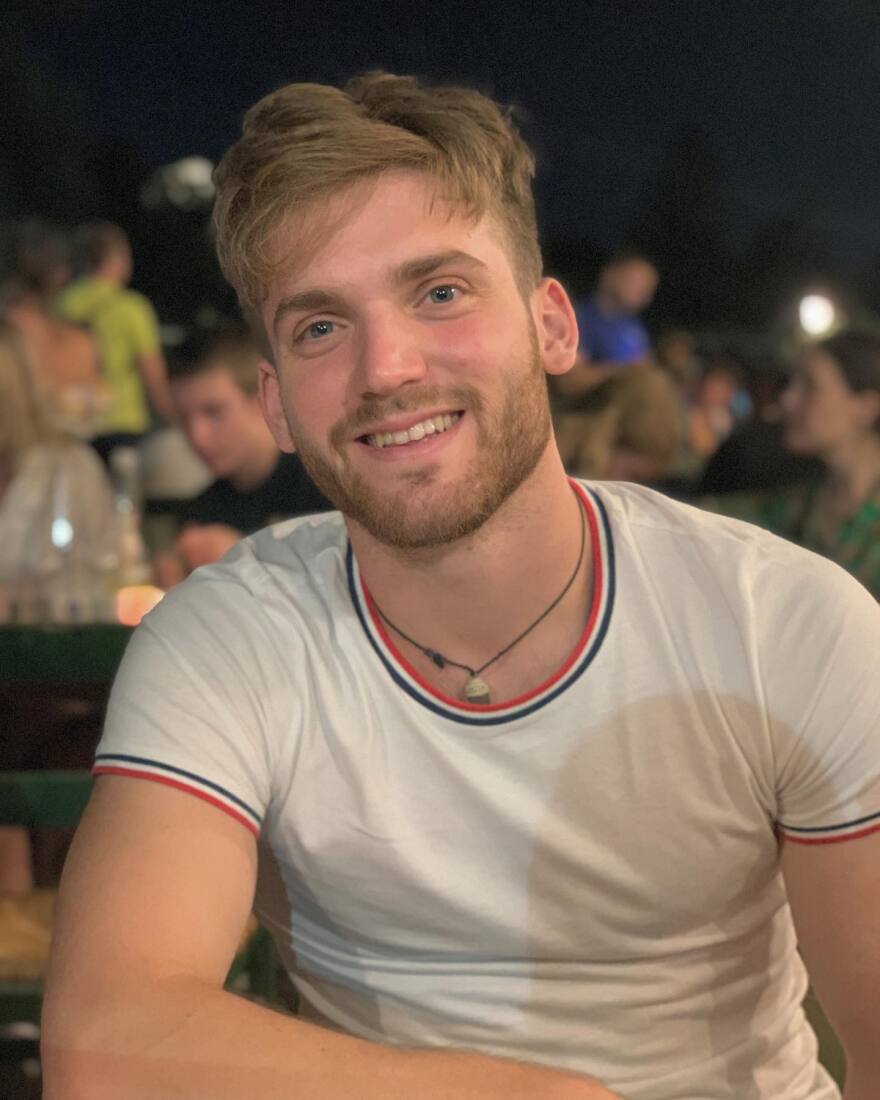
Born on September 11, 1998, he attended elementary school at Hashalom Elementary School in Tel Aviv, continued to school in Jerusalem, majoring in English, Biology, and Arts. In 2020, he began studying at the Faculty of Architecture at Tel Aviv University.
In the beginning of his studies at the University of Jerusalem, he started studying at Tel Aviv University of Technology.
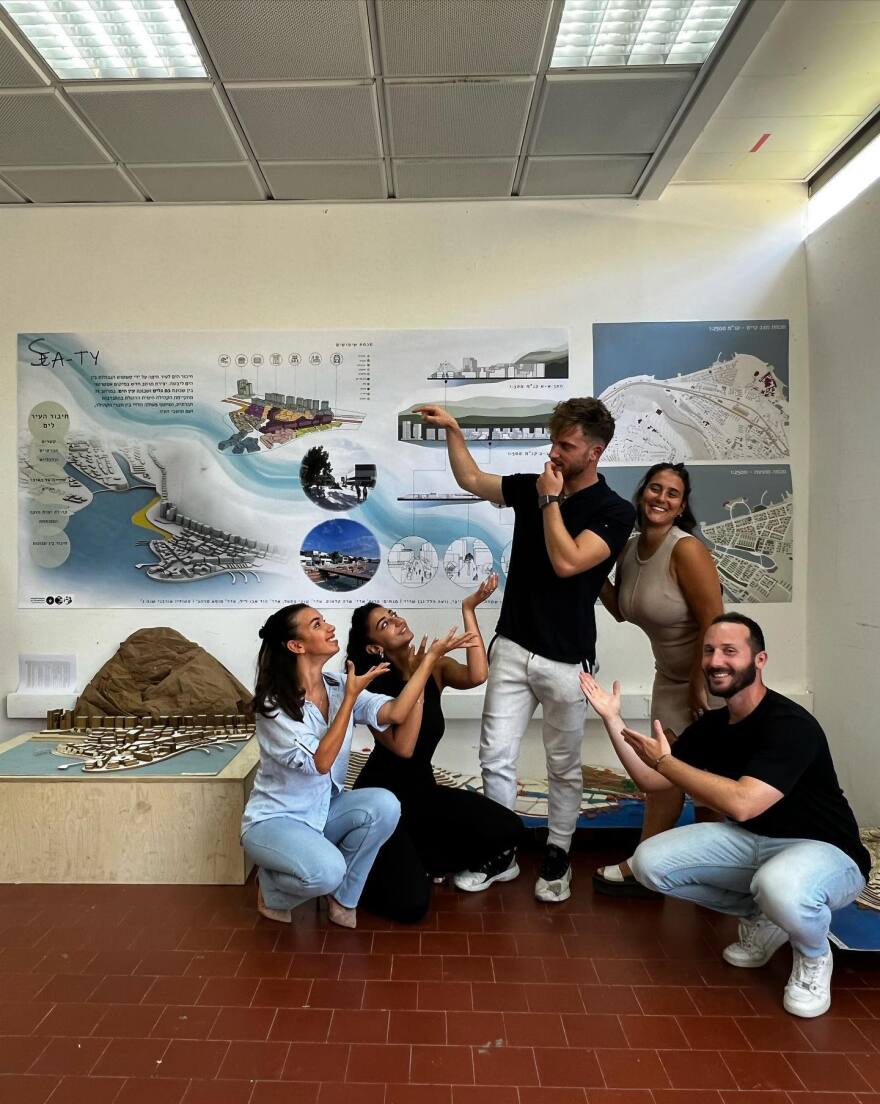
In addition, he studied piano for 12 years at the Jerusalem Music Academy, loved basketball and sports, and was involved in drawing and art from an early age. He spoke and wrote English, Hebrew and Greek.
He also loved art, photography and drawing.
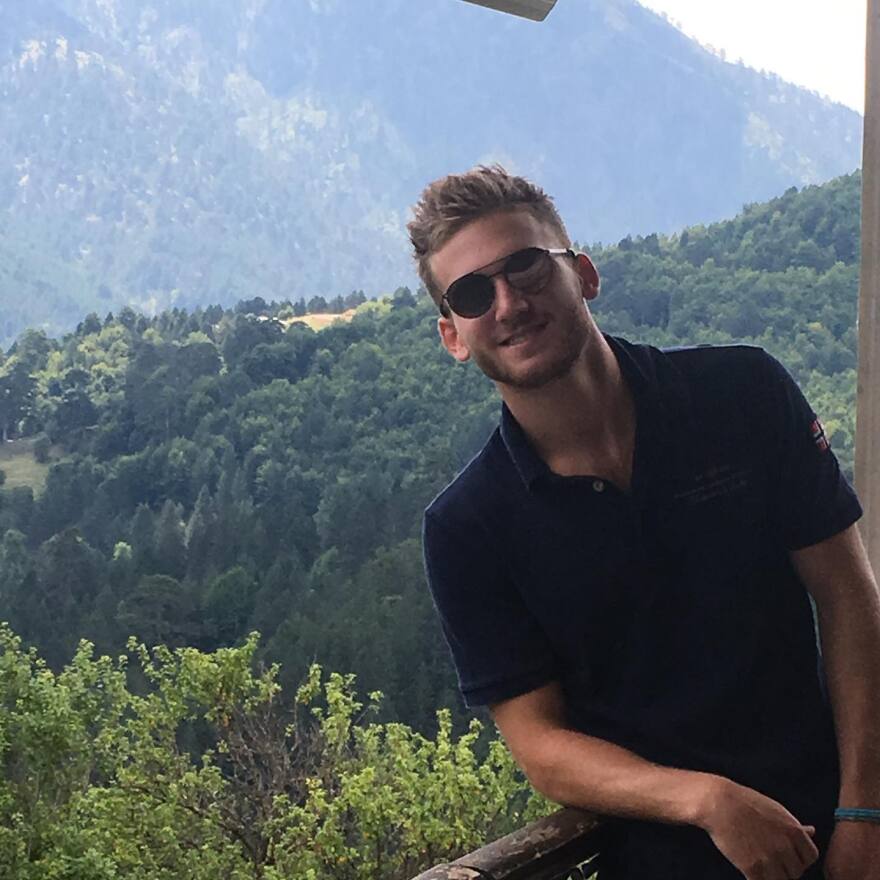
His father Dimitris Karousis is a professor specialising in neurology and alongside him, at Hadassah Hospital, Ion had worked on a project dealing with the modern recording of patient data.
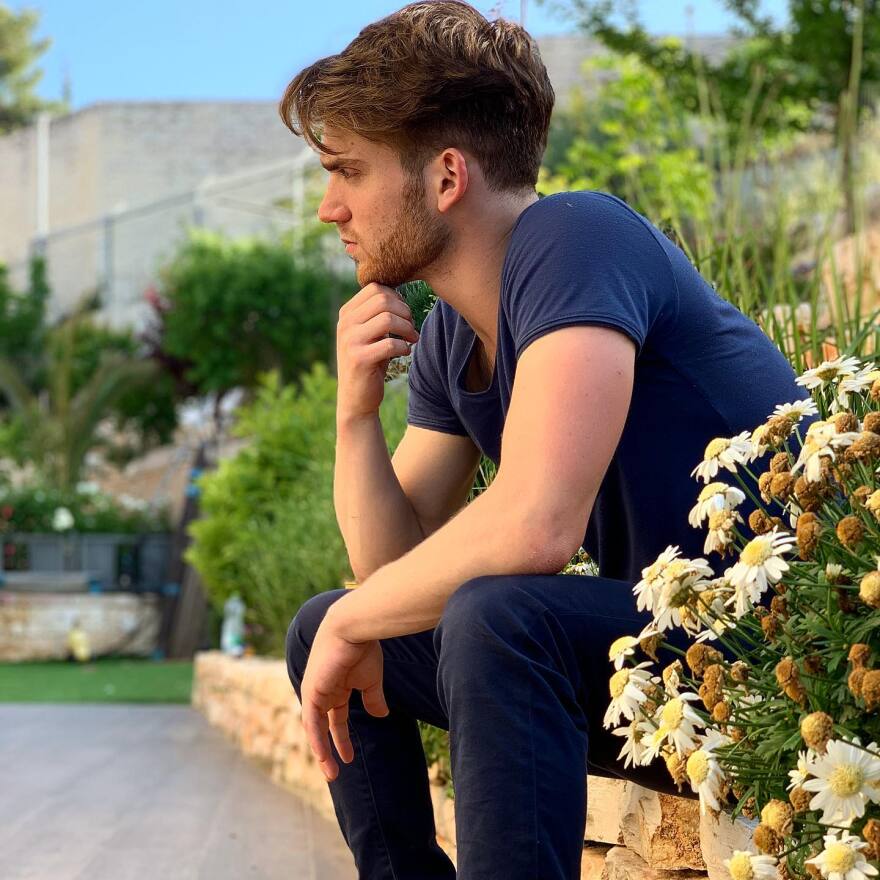
Last April, 26-year-old Ionas was in Athens on holiday with relatives and friends.
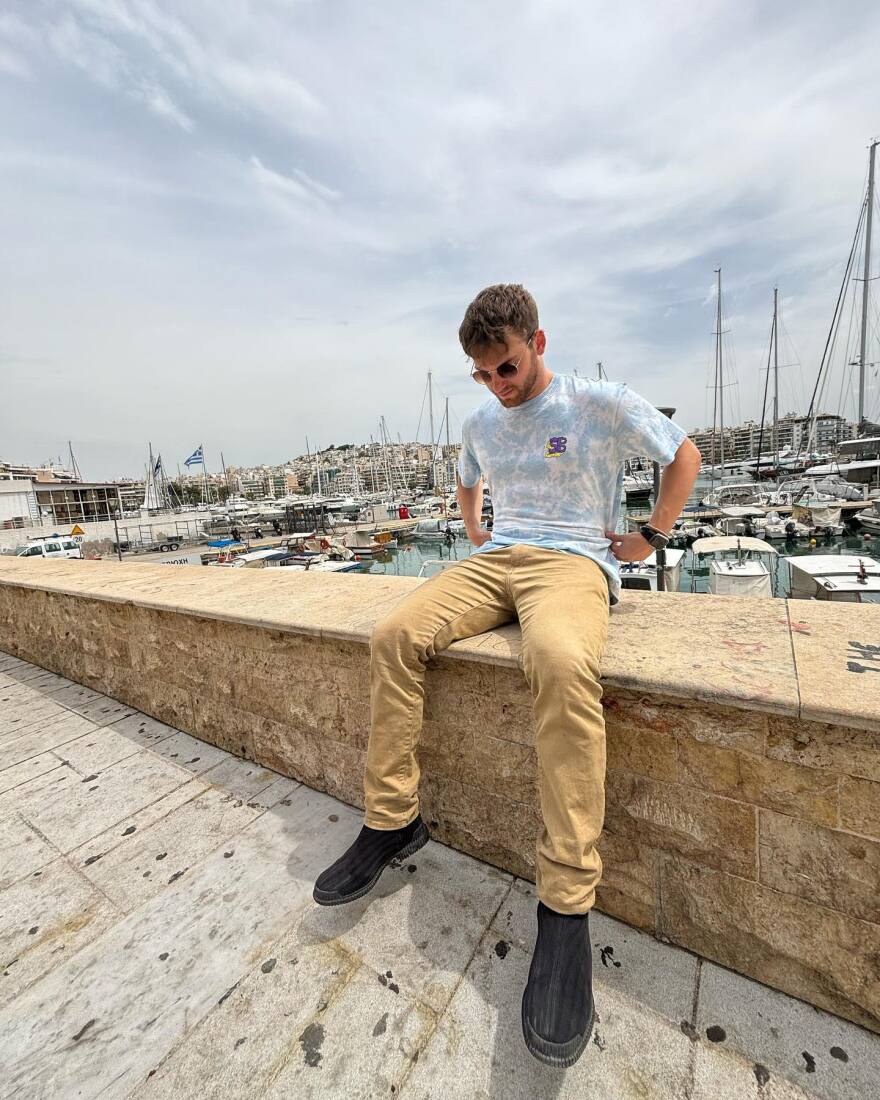
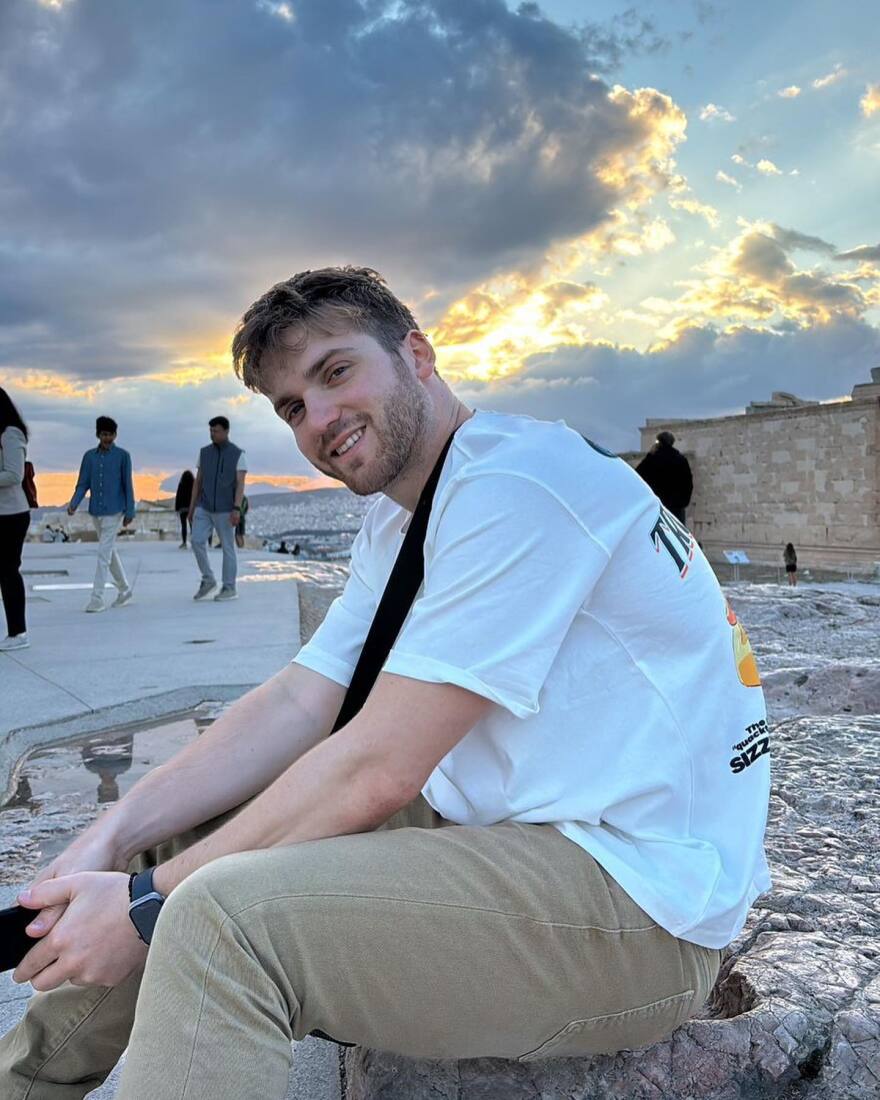
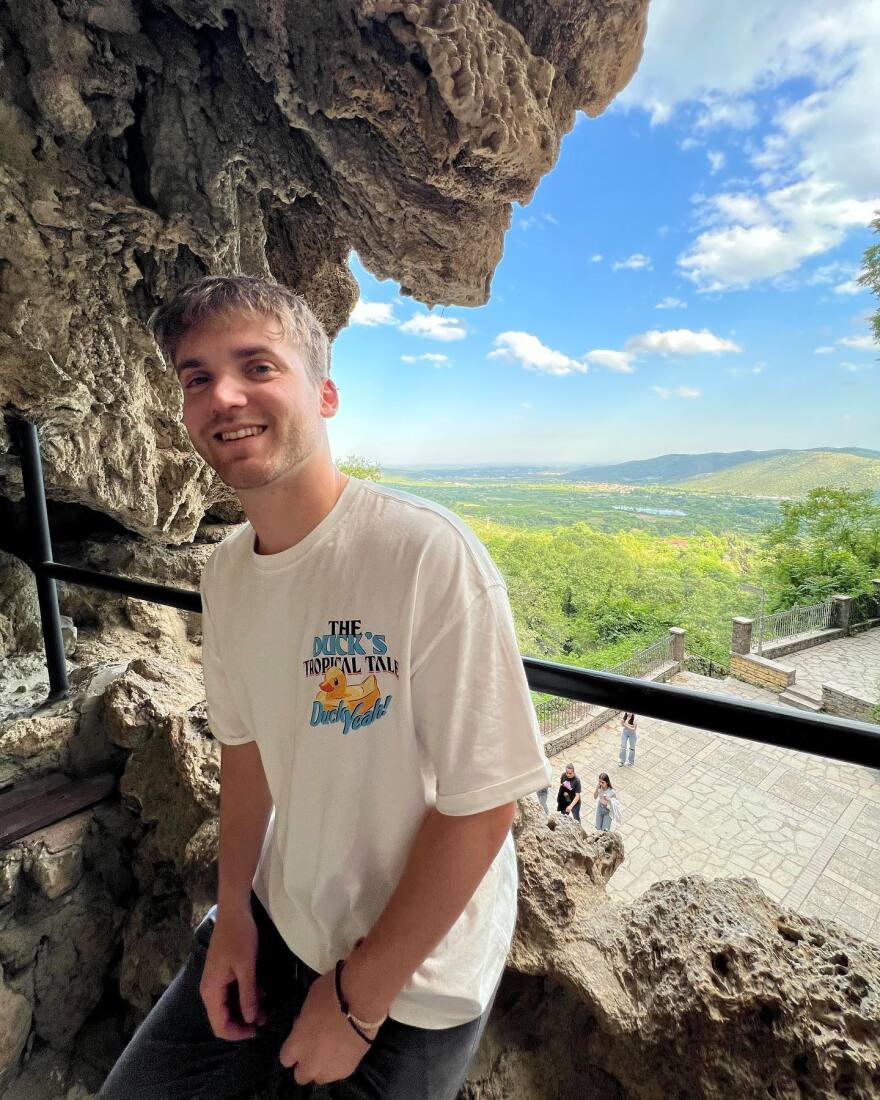
He had also served in the Israeli army.
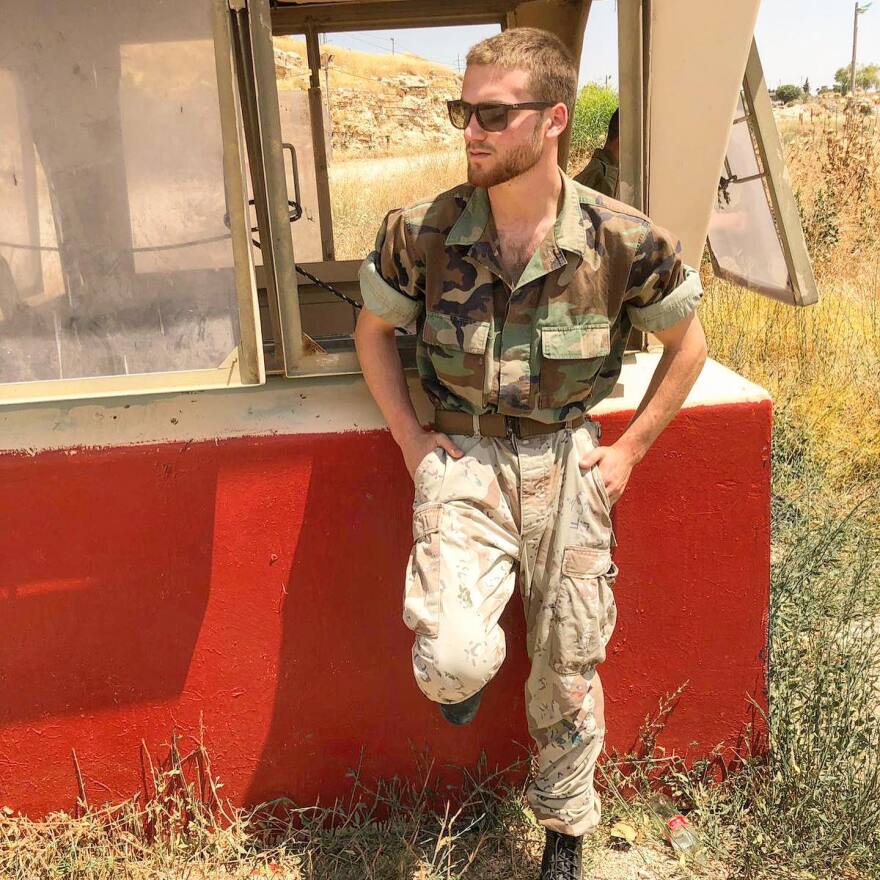
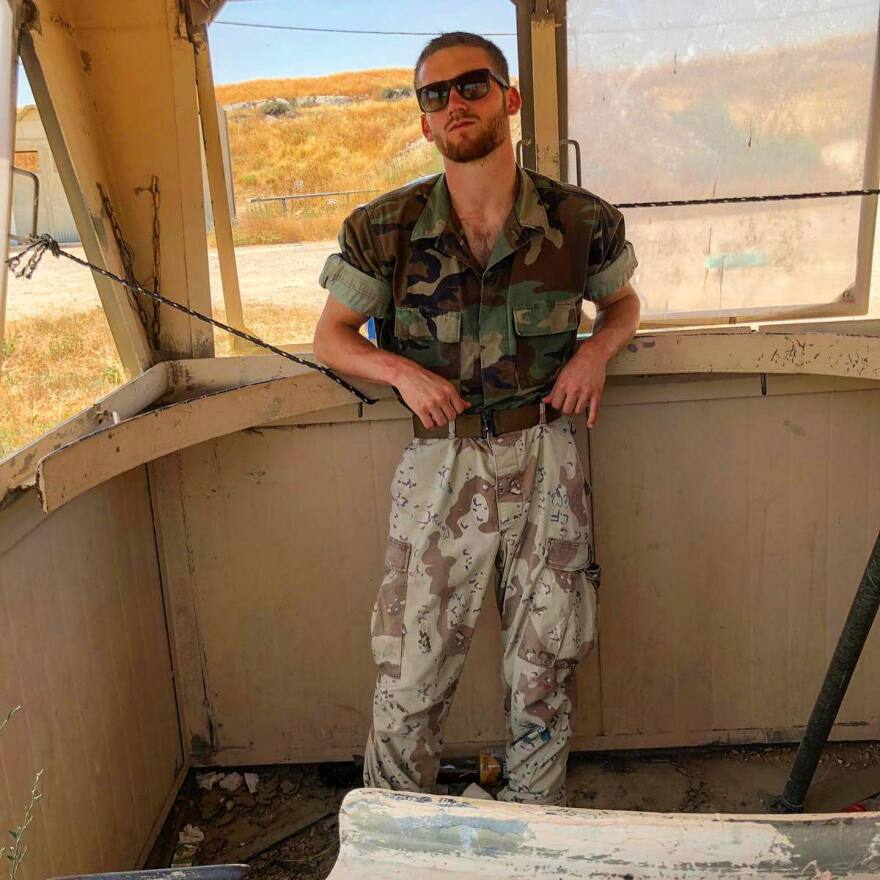
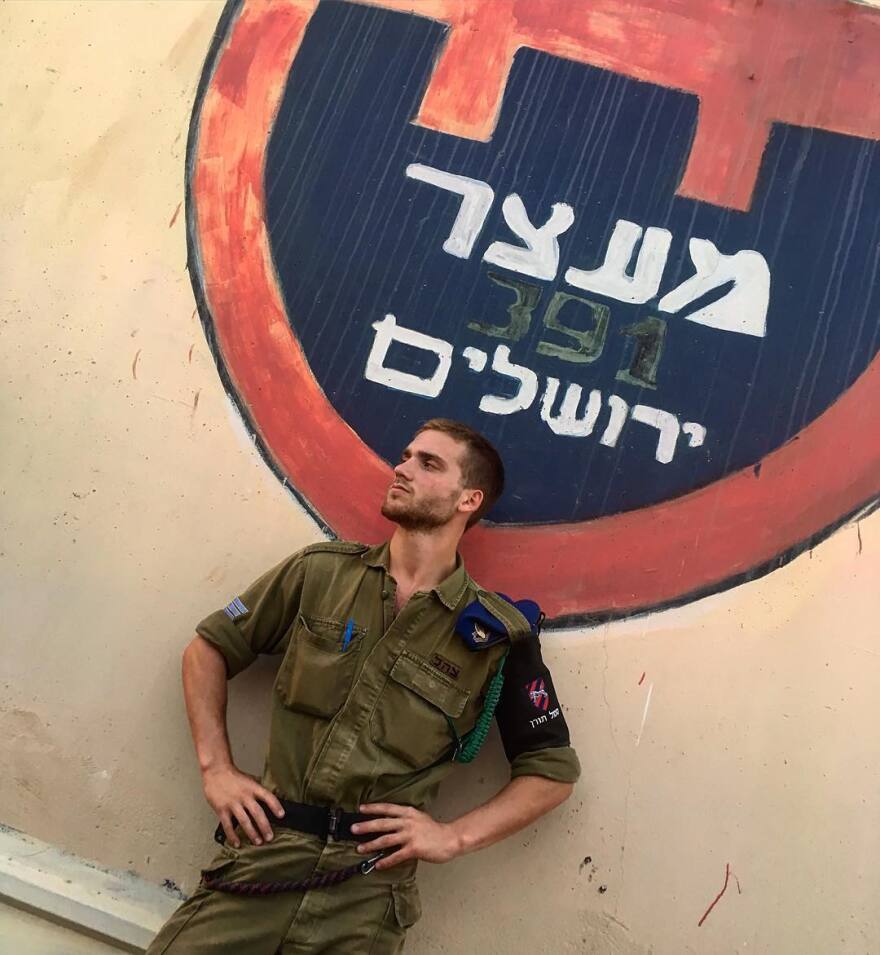
Specializing in Neurology and Neuroimmunology, Dimitris Karousis is the director of the Multiple Sclerosis Center of the Department of Neurology at Hadassah University Hospital, which has pioneering work in stem cell therapy.
He went to Israel in 1988 with his wife Rania who is also a doctor and scientist. “What motivated me to come to this country is the scientific research, which is so developed here,” he has said in an interview. He had also stated: “the influence of the Greek Spirit is very evident in the people of Israel, even in their culture and religion. On the other hand, we as a people have also taken the element that perhaps we have always lacked (too the philosophy and the sciences or even the arts that we taught throughout the world): the element of faith beyond reason. The people here are similar – as a temperament – to us in Greece and they love our country and our culture and our music immensely. So they embraced us with love and accepted us as true friends.”
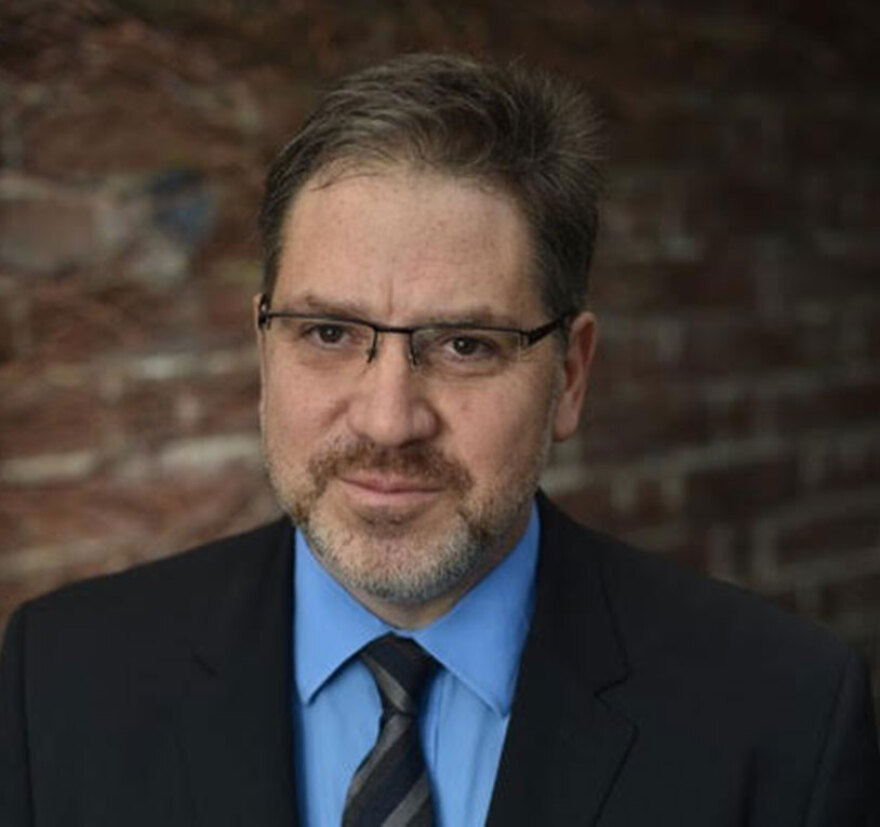
He started through a fellowship and continued by completing his doctoral thesis at Hebrew University while completing his clinical specialization in Neurology at Hadassah University Hospital. Since then he has been working at this hospital and since 1995 he has been a Senior Consulting Neurologist there.
In 2003 he became a Professor at the Hebrew University (the largest and most prestigious in Israel). After a few years he became a full professor at the Faculty of Medicine and was elected president of the Israeli Neuroimmunology Society. Since 2007 he has served as Director of the Multiple Sclerosis Center of Israel.
He has an ongoing collaboration with the Aristotle University, from which he graduated, and has occasionally collaborated with hospitals in Athens such as the “Iaso” Hospital and scientific institutions such as Pasteur.
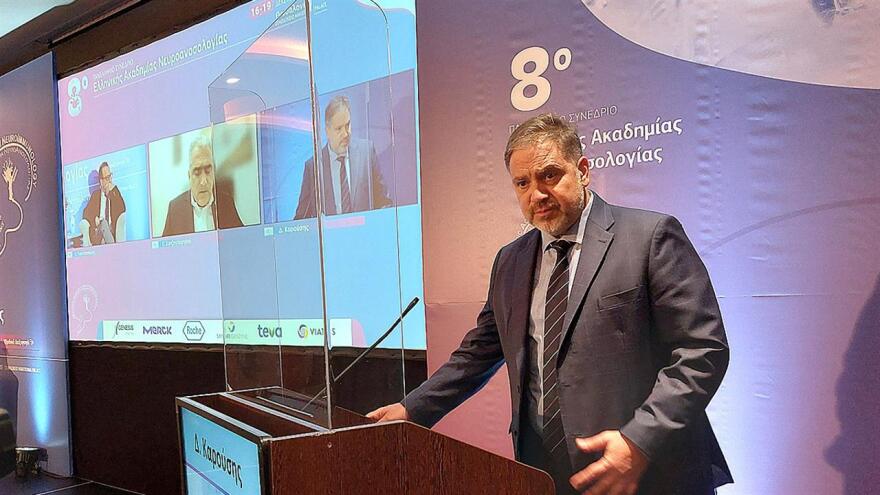
“Being Greek is not a word in identity. It is, in my opinion, a heavy and honourable heritage that we should not and cannot be denied. We carry it within us wherever we find ourselves. The spirit of Socrates, Plato, Aristotle, but also of the great guides of Orthodoxy and our faithful, married to Elytis, Cavafy and Kazantzakis are alive and – involuntarily or intentionally – guide our thoughts and steps. This is also what makes us often (and especially when we are abroad) different and different and makes us approach the world and life with a different eye and perspective…
This immortal Greek -but also Christian- Spirit we have the “sacred mission” to bring it to everyone around us, since it is something that is missing that our world needs today (and which, in my opinion, is also an essential element in science). As the wise Solomon mentions: “Faith and science fix the times”. It is our duty to carry it and keep it unquenched to new generations,” Dimitris Karousis has also stated about his work and career.
Ask me anything
Explore related questions
